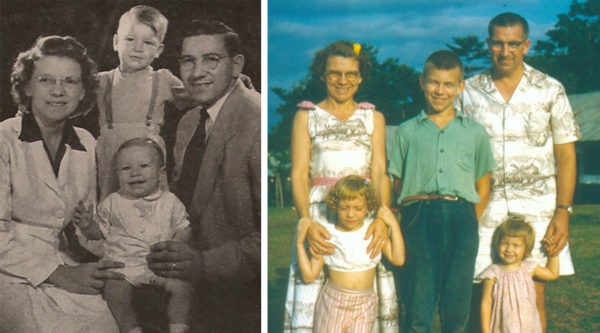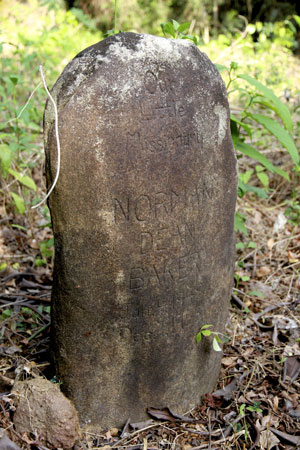13 Dec On This Day in UB History: December 13 (Leaving Sierra Leone)
During the early 1990s, the escalating rebel war in Sierra Leone dominated every meeting of the Missions Commission. On May 16, 1994, at the end of an emergency two-day meeting, the Commission made a painful decision: “Be it resolved that we mandate that all missionaries close out their respective ministries with promptness and with judicious turn-over, and depart Sierra Leone no later than December 31, 1994.”
The Missions Commission cited many reasons behind the decision: the dangerous rebel activity, the political instability, the difficulty in recruiting and sending new missionaries. The nationalization process begun in the mid-1980s decreased the need for missionaries. It was clear that the Sierra Leone churches could function effectively without missionary involvement.
Besides, the resolution said, “We went to Sierra Leone in the 1800s to evangelize the people. We established 40-some churches, and they now carried responsibility for evangelism. None of the present missionaries were sent specifically to evangelize.”
Mission Director Kyle McQuillen assured people that we would continue our financial commitment of approximately $120,000 to the national church and its ministries. “We are in no way abandoning our brethren in Sierra Leone,” he wrote. But, he said, “This is not a temporary move. It is a final withdrawal of missionary personnel.”
Brian and Gail Welch (a teacher and nurse in Mattru) and family left in May 1994, along with nurse Neita Dey. The Tom and Kim Datema family, who worked in community development, returned to Indiana in August. Hospital Administrator Tom Hastie left on October 1, rejoining his wife and children, who had returned to Detroit in June. That left just Sara Banter and Nadine Hoekman, nurses at Mattru, and Phil and Carol Fiedler in Freetown; Phil taught at Sierra Leone Bible College and served as Director of Missionary Affairs.
On December 13, 1994, the Fiedlers and Sara Banter left Sierra Leone, flying out of the country with Bishop Ray Seilhamer and Kyle McQuillen, who had arrived ten days before to attend Sierra Leone Annual Conference. Nadine Hoekman chose to remain in Sierra Leone as an independent missionary. She signed documents releasing responsibility for her welfare.
Suddenly, for the first time since 1871, there were no United Brethren missionaries in Sierra Leone.
On January 1, 1995, rebels attacked Bumpe, where our conference headquarters was located, and burned over 75 homes and buildings. In mid-January, Mattru Hospital essentially closed down. Nadine Hoekman paid all the workers, then locked things up. On January 30, rebels captured Mattru and, during the next eight months, used our hospital as a training base.

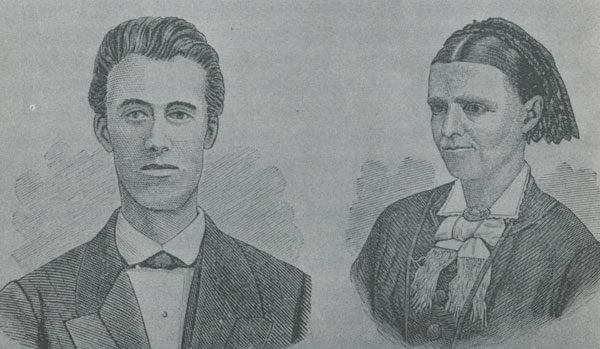
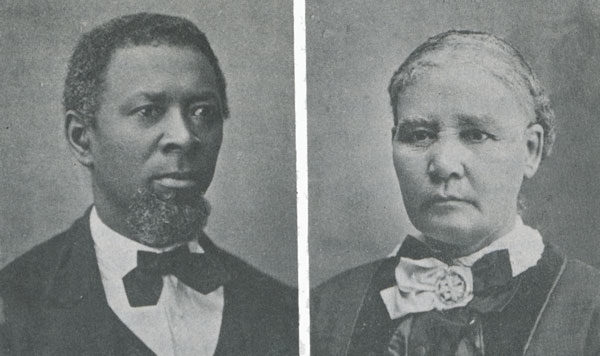
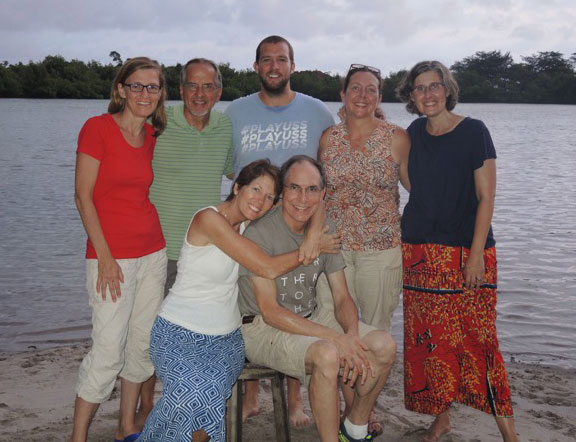
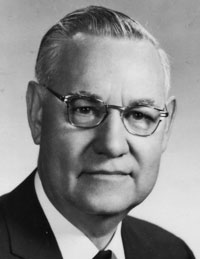 In December 1941, Clyde W. Meadows (right) held revival services at the Trenton Hills UB church in Adrian, Mich. On the afternoon of Sunday, December 7, he and Rev. H. B. Peter went visiting in the Adrian community. As they drove down a country road, they were flagged down by another card. The driver scrambled out and said, “Did you know the Japanese bombed Pearl Harbor this morning?”
In December 1941, Clyde W. Meadows (right) held revival services at the Trenton Hills UB church in Adrian, Mich. On the afternoon of Sunday, December 7, he and Rev. H. B. Peter went visiting in the Adrian community. As they drove down a country road, they were flagged down by another card. The driver scrambled out and said, “Did you know the Japanese bombed Pearl Harbor this morning?”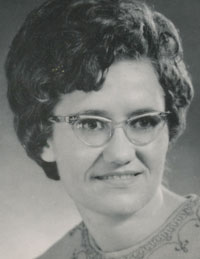 During her furlough in 1983, Shirley Fretz (right) had a difficult decision to make. Her father had been hospitalized with cancer almost continuously since July 1982. Should she stay home and await his death, or return to Sierra Leone in December as scheduled?
During her furlough in 1983, Shirley Fretz (right) had a difficult decision to make. Her father had been hospitalized with cancer almost continuously since July 1982. Should she stay home and await his death, or return to Sierra Leone in December as scheduled?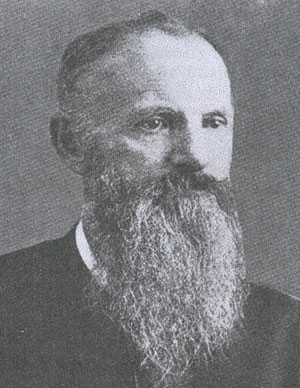
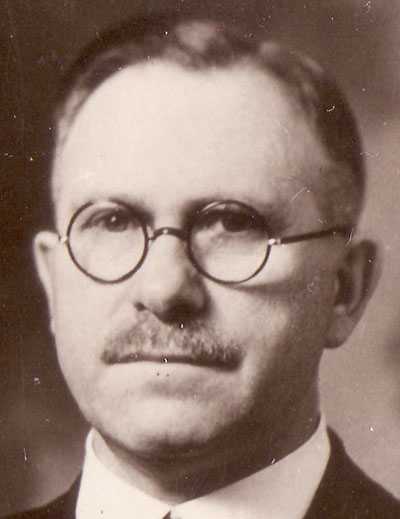 Clarence Mummart passed away on December 2, 1959. He was kind of a utility fielder, serving the church in a variety of capacities.
Clarence Mummart passed away on December 2, 1959. He was kind of a utility fielder, serving the church in a variety of capacities.